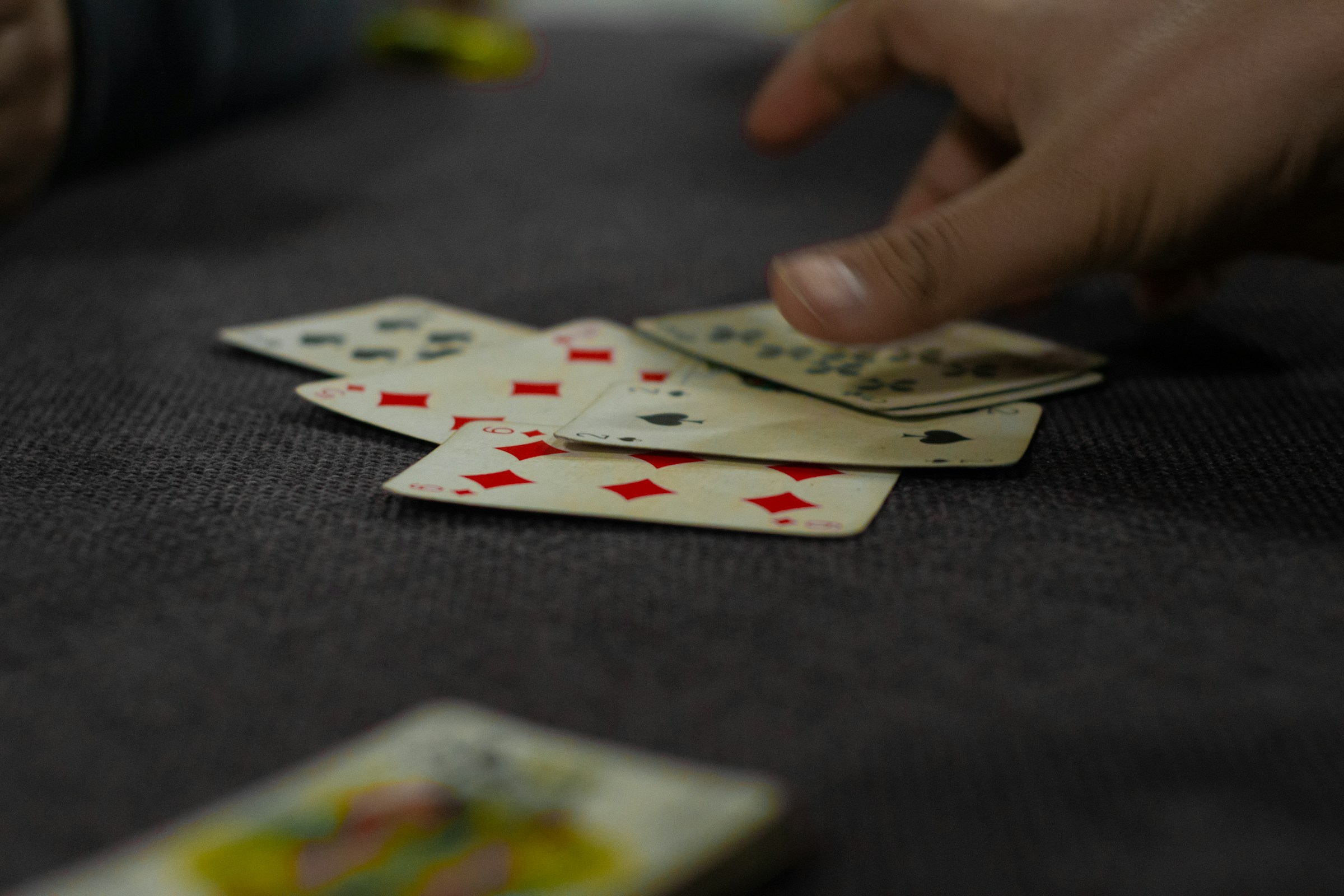Gambling can be an exciting and enjoyable pastime when done responsibly, but for some players, it can become a source of stress and financial hardship. One of the most dangerous habits in gambling is “chasing losses,” a mindset where players attempt to recover lost money by continuing to bet, often with increasing amounts. This behavior can lead to a cycle of deeper financial loss, emotional distress, and even gambling addiction.
The Psychology Behind Chasing Losses

The urge to chase losses stems from natural human emotions and cognitive biases. When a player experiences a losing streak, the instinctive reaction is to try to “fix” the situation by winning back what was lost. It is driven by the concept of loss aversion, which suggests that people feel the pain of losing more strongly than the pleasure of winning.
Additionally, gamblers often fall into the gambler’s fallacy, the mistaken belief that past losses increase the likelihood of future wins. In reality, most gambling games rely on randomness, and each outcome is independent of previous ones. This false sense of control can push individuals to continue betting, believing they are “due” for a win, when in fact, they are likely to incur even greater losses.
The Financial and Emotional Toll of Chasing Losses
Chasing losses can have serious financial consequences. The more a player bets to recover their losses, the deeper they may fall into debt. Many individuals who chase losses end up maxing out credit cards, taking out loans, or using money meant for essential expenses, leading to financial ruin.
The emotional toll can be just as severe. Anxiety, stress, and depression often accompany the cycle of compulsive gambling, and many players experience guilt and shame over their inability to stop. It can negatively impact personal relationships, job performance, and overall well-being.
Moreover, the cycle of chasing losses often results in desperation, as gamblers make reckless bets and ignore rational decision-making. Rather than seeing gambling as entertainment, they begin to view it as a necessity, believing that one big win will solve all their financial problems. Unfortunately, this mindset only increases losses, reinforcing the downward spiral.
Signs That You Are Chasing Losses
Recognizing the signs of loss-chasing behavior is essential in preventing it from escalating into a serious problem. Some common indicators include:
- Increasing bet sizes to recover lost money.
- Feeling anxious or frustrated after a loss and immediately placing more bets.
- Gambling with money not intended for betting, such as rent or savings.
- Ignoring personal responsibilities in favor of gambling.
- Lying to friends and family about gambling losses.
- Borrowing money or using credit to continue betting.
If any of these signs resonate, it may be time to step back and reassess gambling habits before they lead to financial and emotional harm.
How to Avoid the Trap of Chasing Losses
Adopting responsible gambling habits is the best way to avoid chasing losses. Limiting how much time and money is spent on gambling can help maintain control. Establishing and sticking to a predetermined budget, regardless of winning or losing streaks, is a crucial strategy.
It is also beneficial to view gambling as a form of entertainment rather than a way to make money. Remember that the house always has an edge, and losses are part of the game.

Taking breaks and stepping away from gambling after a loss can prevent emotional decision-making. Many players find that engaging in alternative activities, such as exercise, hobbies, or socializing with friends, helps them shift their focus away from gambling.
If gambling becomes a compulsive habit, seeking support from professionals or support groups such as Gamblers Anonymous can provide valuable guidance and assistance in breaking the cycle of loss-chasing.
Conclusion: Gambling Responsibly for a Healthier Experience
Chasing losses is a dangerous mindset that can lead to financial disaster and emotional distress. The belief that increasing bets will ultimately lead to a recovery of losses is a harmful illusion that often results in even greater financial hardship. Recognizing the signs of this behavior and implementing responsible gambling practices can help prevent the negative consequences associated with compulsive betting. By approaching gambling with a responsible mindset, players can ensure that it remains a fun activity rather than a source of stress and financial ruin.










